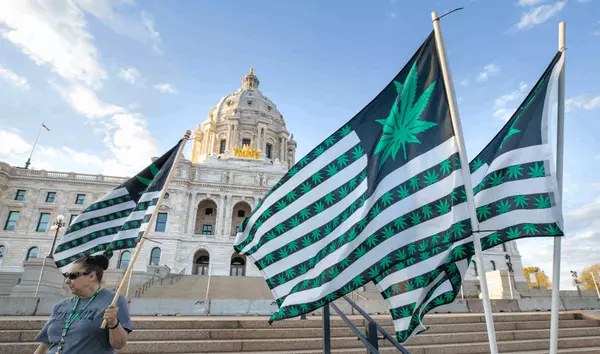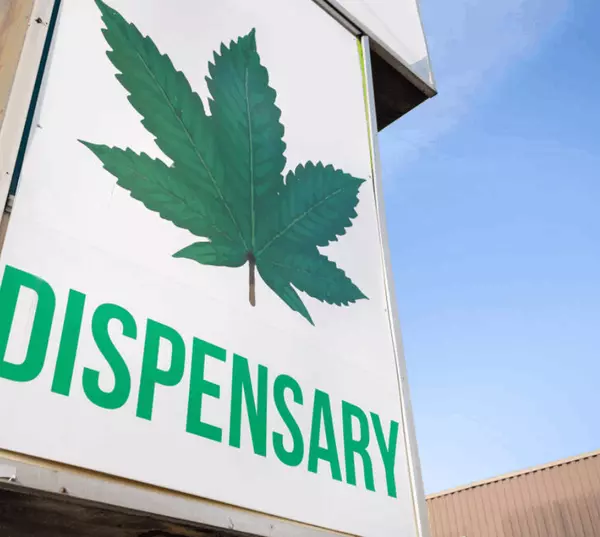Minnesota's Cannabis Industry Status Update
Current Status
● A license will be required to operate a recreational-use cannabis business.
The window closed August 12 on applications for the first round of the license lottery.
● The first license lottery is for Social Equity Applicants based on criteria set forth in legislation passed in 2024.
○ Legislation passed in 2023 had previously authorized a points system for awarding licenses, but this was subsequently seen as a lightning rod for litigation, so new legislation was passed this year in favor of a license systems emphasizing social equity. More on that criteria can be found here : Social Equity Qualifications
● The newly created Office of Cannabis Management (OCM) is now reviewing and vetting applications to confirm their qualification to be included in the lottery.
Government
● The legislation created law that provides broad structure for a recreational-use cannabis industry in Minnesota.
● The Office of Cannabis Management (OCM) is responsible for creating the rules that the industry will follow. The OCM’s goal is to have a full set of rules published in early 2025.
These rules will include requirements for retail dispensaries with a special emphasis on three things:○ Track and trace software
○ Standard operating procedures
○ Security measures● The OCM expected the initial flood of license lottery applications. Over time as has been the case in other states, they expect the market will right-size itself.
● Authority over the industry in Minnesota is structured this way:◍ The OCM will award licenses at a state level.
◍ Cities will be responsible for registration at a municipal level, which is required for a business to operate.
◯ Cities have limited latitude in how they might zone or otherwise create rules for the operation of a cannabis business in their city.
○ For example, they can enforce distance requirements from schools, day cares, treatment facilities, etc.
○ Cities will have broader latitude for parking and hours-of-operation restrictions. In general, it will work very similarly to how liquor stores are regulated today.○ City admin fees for registration of a licensed operation are capped at $500.
◍ Local governments may also limit the number of cannabis retailers as long as there is one active registration for every 12,500 residents.
○ Part of the thinking with regards to this is that the legislature placed a priority on everyone having access to cannabis.
○ This is also intended to suffocate any black market for cannabis in the state.◍ Many city ordinances will likely be first attempts at responding to the new industry and everyone expects these to be amended over time.
◍ Cities can operate their own municipal cannabis retail stores, though none have yet announced plans to do so.

Operating
Retail Dispensaries
Landlords





